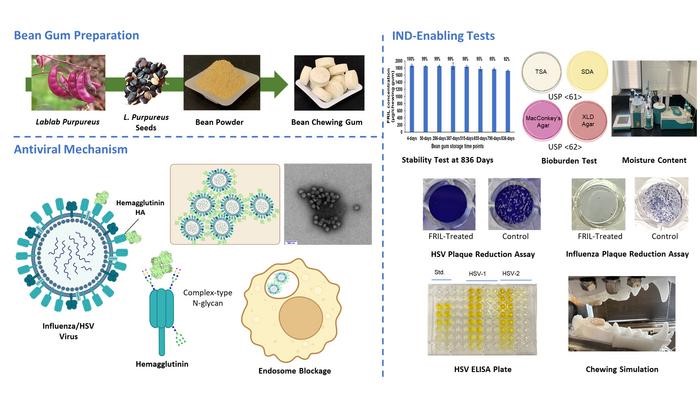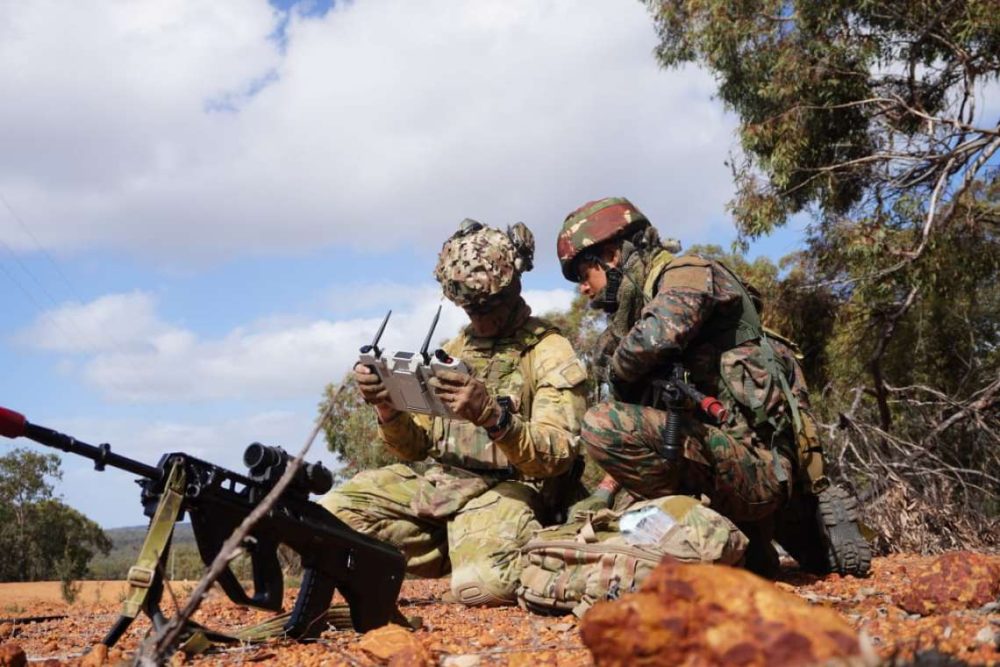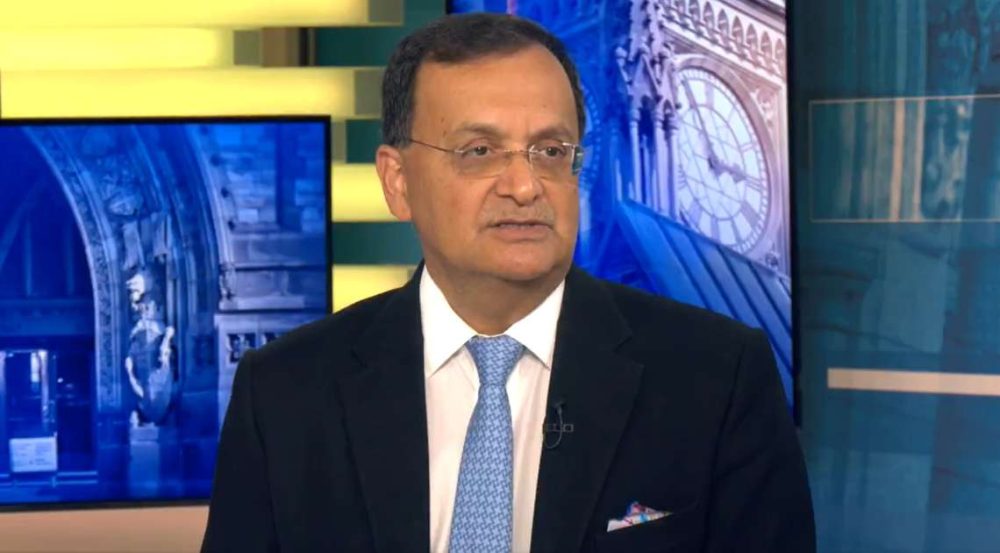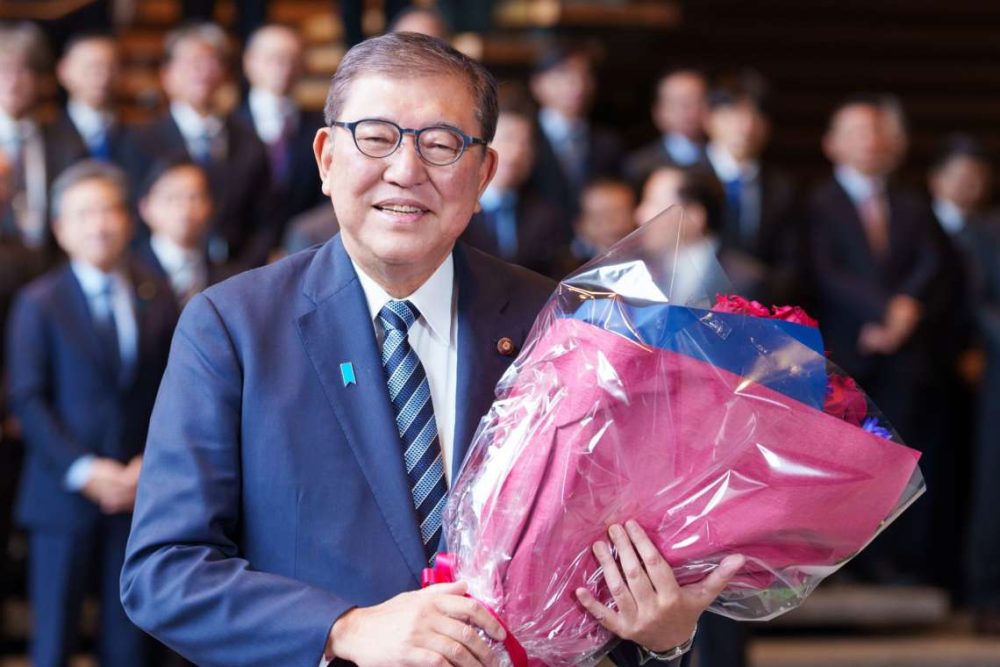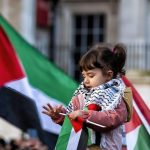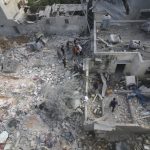Mobile Phone Footage Casts Doubt on Israeli Account of Ambulance Attack in Gaza
Newly surfaced mobile phone footage has raised serious questions about the Israeli military’s justification for opening fire on a convoy of ambulances and a fire truck in Gaza on March 23, an attack that killed 15 rescue workers and left the international community demanding answers.
The video, released by the Palestine Red Crescent Society (PRCS), was reportedly recovered from the mobile phone of a paramedic killed in the incident. It shows a convoy of clearly marked emergency vehicles driving through the darkness with both headlights and flashing emergency lights fully illuminated—a detail that directly contradicts earlier claims made by the Israel Defence Forces (IDF), who initially stated that the vehicles had not been visibly marked or illuminated at the time of the strike.
In the footage, which has since been presented to the United Nations Security Council, the convoy is seen pulling to a stop on the side of a road. At least two paramedics can be seen exiting one of the vehicles, wearing high-visibility reflective uniforms. Then, gunfire erupts. The video captures the sound of sustained shooting as the person filming quietly recites prayers. He is believed to be one of the deceased paramedics, his phone found near his body a week later in a shallow grave alongside his fallen colleagues.
The bodies of eight PRCS medics, six Gaza Civil Defence workers, and one United Nations employee were later discovered buried under sand, along with their destroyed emergency vehicles. The recovery of the bodies was only made possible after international aid organizations negotiated safe access to the area—a process that took several days.
The PRCS has called the attack an “atrocious crime” and is demanding an “independent and thorough investigation.” Dr. Younis Al-Khatib, President of the PRCS, spoke passionately at the UN, referencing the final words of the paramedic whose footage was recovered: “Forgive me, Mum, I just wanted to help people. I wanted to save lives.”
“It’s heartbreaking,” Dr. Al-Khatib said. “We demand accountability.”
Israel has so far maintained that it targeted what it believed to be a group of Hamas and Islamic Jihad militants, but has provided no evidence to support that claim. In a recent statement to the BBC, the IDF said, “All claims, including the documentation circulating about the incident, will be thoroughly and deeply examined to understand the sequence of events and the handling of the situation.”
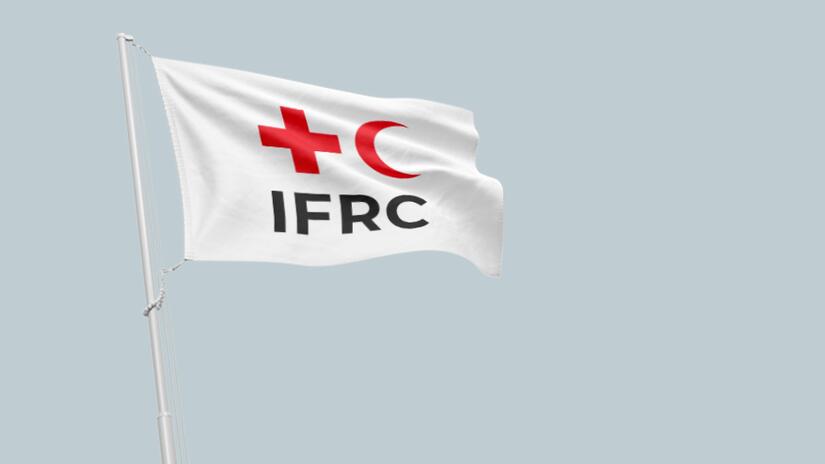
However, survivors and humanitarian groups are rejecting the IDF’s narrative. Munther Abed, one of the few surviving paramedics, told the BBC that the vehicles were “clearly marked” and “fully lit.” He insisted the crew had no ties to any militant group: “All crews are civilian. We don’t belong to any militant group. Our main duty is to offer ambulance services and save people’s lives. No more, no less.”
Global condemnation has been swift. The International Federation of Red Cross and Red Crescent Societies (IFRC) issued a blistering statement after the discovery of the victims’ remains on March 30. An IFRC emergency medical team had been missing for seven days after they came under fire in the Al-Hashashin area of Rafah. Their bodies were among those recovered, including ambulance officers Mostafa Khufaga, Saleh Muamer, Ezzedine Shaath, and volunteer first responders Mohammad Bahloul, Mohammed Al-Heila, Ashraf Abu Labda, Raed Al Sharif, and Rifatt Radwan. Ambulance officer Assad Al-Nassasra remains missing.
“I am heartbroken,” said IFRC Secretary General Jagan Chapagain. “These dedicated ambulance workers were responding to wounded people. They were humanitarians. They wore emblems that should have protected them; their ambulances were clearly marked. They should have returned to their families; they did not.”
Chapagain continued: “Even in the most complex conflict zones, there are rules. These rules of International Humanitarian Law could not be clearer – civilians must be protected; humanitarians must be protected. Health services must be protected.”
He emphasized that the attack represents the deadliest assault on Red Cross or Red Crescent workers since 2017, and noted that 30 PRCS staff and volunteers have now been killed since the current conflict began.
“This is not just a tragedy—it is a violation,” Chapagain said. “Instead of another call on all parties to protect and respect humanitarians and civilians, I pose a question: When will this stop? All parties must stop the killing, and all humanitarians must be protected.”
As calls for accountability mount, human rights organizations are urging the international community to push for an impartial inquiry. Despite the IDF’s pledge to review the incident, many fear that without external oversight, justice will remain elusive.
For now, the mobile phone footage stands as chilling testimony. Not only does it contradict official accounts, but it also captures the quiet bravery and final moments of a man who simply wanted to save lives. In a war increasingly defined by its toll on civilians and those trying to help them, this video may yet become a powerful symbol—and a rallying cry for accountability.







